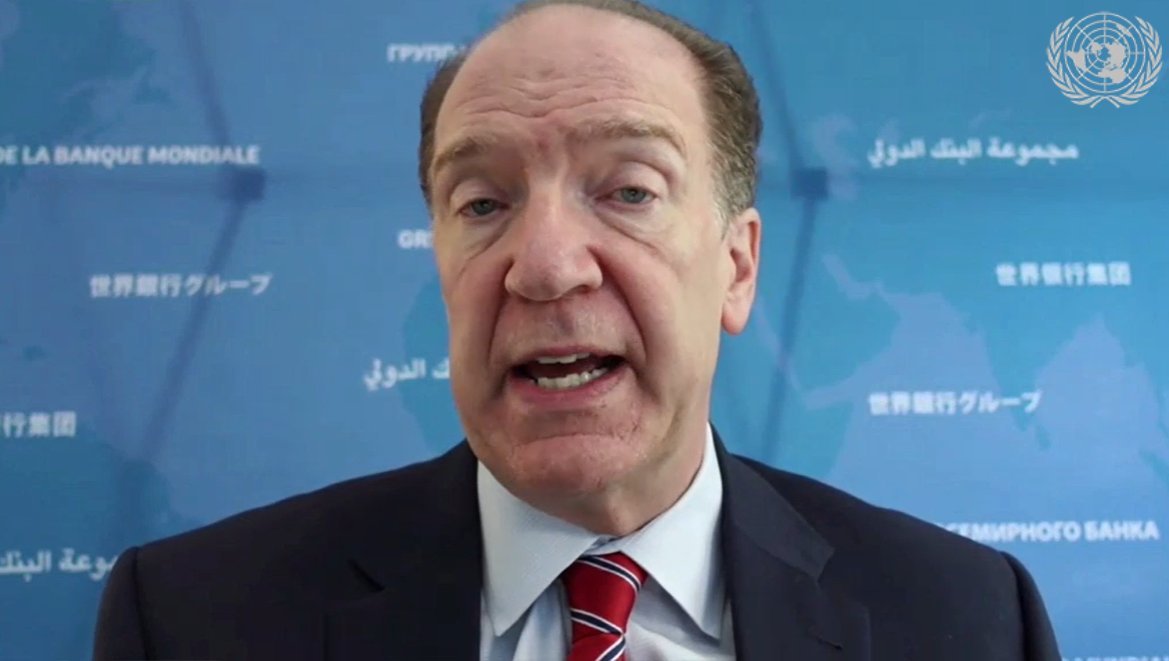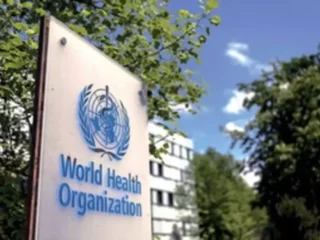The novel coronavirus pandemic will likely drive up child mortality rates in developing countries by slightly less than half of the current rate.
World Bank President David Malpass on October 5 predicted an increase of up to 45 percent in child mortality rate in developing countries due to the steep rise in Covid-19 cases globally.
“Our early estimates suggest a potential increase of up to 45 percent in child mortality because of health service shortfalls and reduction in access to food,” Malpass said during a virtual discussion ahead of the World Bank and International Monetary Fund annual meetings next week.
Malpass said that the World Bank estimates the increases in child mortality to persist in the coming years. The World Bank President also said that the difficulties in administering education amid pandemic can lead to significant issues for the developing countries in the future.
“Since the outbreak, more than 1.6 billion children in developing countries have been out of school because of Covid-19, implying a potential loss of as much as USD 10 trillion in lifetime earning for these students,” Malpass said.
He pointed to similar steps in previous financial crises, such as in Latin America and the so-called “Highly Indebted Poor Countries” initiative for countries with unsustainable debts in the 1990s.
Rich countries backed an extension last month of the G20’s Debt Service Suspension Initiative, approved in April to help developing nations survive the coronavirus pandemic, which has seen 43 of a potential 73 eligible countries defer $5bn in debt payments.
In his latest comments, he renewed his call for private banks and investment funds to get involved, too.
“These investors are not doing enough and I am disappointed with them. Also, some of the major Chinese lenders did not get enough involved. The effect of the aid measures is, therefore, less than it could be,” the World Bank head said.
Malpass also said that the pandemic could trigger another debt crisis, as some developing countries had already entered a downward spiral of weaker growth and financial trouble.
“The enormous budget deficits and debt payments are overwhelming these economies. In addition, the banks there are getting into difficulties due to bad loans,” Malpass added.
Greater cooperation will enable us to share knowledge and develop and apply effective solutions far more swiftly. It will enable innovators to develop a vaccine that beats the virus and restores people’s confidence in the future.
Malpass added that the World Bank is doing everything possible to bolster the health and education capabilities of countries in need.








